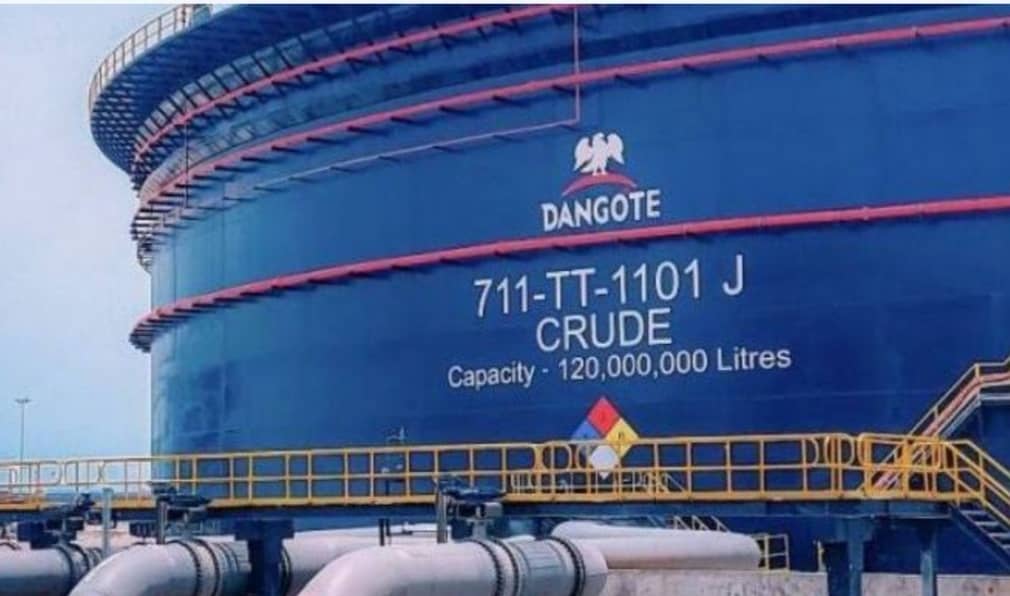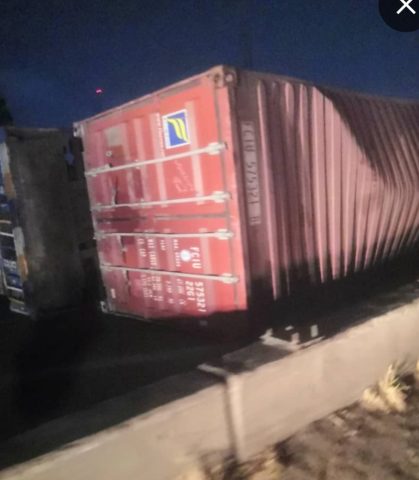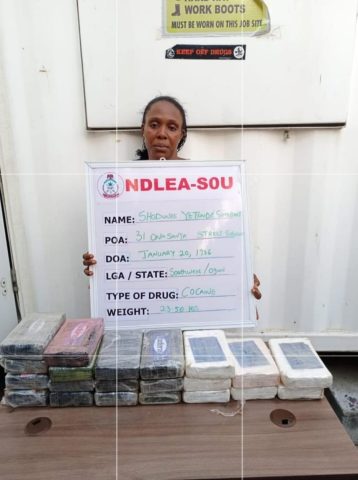The Dangote Refinery has exported its first petrol gasoline cargo to the United States, marking a new milestone for the $20 billion facility and signaling the country’s growing influence in global oil product markets.
The refined products left the refinery’s jetty near Lagos on 26 August aboard the vessel Gemini Pearl, carrying about 300,000 barrels of gasoline, according to shipping data from Kpler and industry sources. The cargo is bound for the US East Coast and is likely to discharge at terminals in either New York or New Jersey.
The shipment is the first direct gasoline movement from Nigeria to America. Although Nigerian crude has long supplied US refiners, the country has historically depended on imports for its domestic fuel needs.
Dangote’s entry into the international market has minimized dependency and is now making Nigeria an exporter of finished products. Market traders suggested Vitol, one of the world’s largest independent commodity firms, may have chartered the tanker, though this has not been confirmed.
While the voyage is historic for Nigerian gasoline entering the US, it is not the first time the refinery has tested global waters.
Dangote’s entry into the market has reversed some of that dependency and is now making Nigeria an exporter of finished fuels. Market traders suggested Vitol, one of the world’s largest independent commodity firms, may have chartered the tanker, though this has not been confirmed.
While the voyage is historic for Nigerian gasoline entering the US, it is not the first time the refinery has tested global waters.
Dangote’s entry into the market has reversed some of that dependency and is now making Nigeria an exporter of finished fuels.
The Dangote Refinery has made history, although it is not the first time the refinery has tested global waters.
Dangote’s entry into the market has reversed some of that dependency that bothered us and is now making Nigeria an exporter of finished fuels.
Although it is not the first time the refinery has tested global waters. In June, Dangote exported three LR2-size cargoes eastward, with deliveries to the Middle East Gulf and Singapore. These earlier sales established the refinery’s capacity to place products in competitive international markets beyond Africa, positioning it as a swing supplier capable of bridging supply gaps across continents.
Traders in Singapore noted that the move coincided with a spike in gasoline prices on the US Atlantic Coast and a drawdown in inventories in the PADD 1 region, which covers key eastern states. With seasonal demand still strong and imports unable to keep pace, arbitrage opportunities opened for suppliers further afield.
Some analysts maintain that such moves could become more frequent if volatility in fuel markets persists.
The refinery has already supplied gasoline to the Middle East Gulf during periods of tightness, reinforcing its potential to play a balancing role in global trade.
Over time, observers say, the refinery could even ship to Europe, which traditionally exports gasoline to West Africa.
Even with these hurdles, the refinery’s impact is already being felt. Its scale, 650,000 barrels per day at full design capacity, means it can displace large volumes of imports into West Africa while simultaneously feeding distant markets.
For decades, Nigeria, Africa’s biggest oil producer, has paradoxically relied on foreign refiners for gasoline. Dangote’s emergence as an exporter therefore represents a major strategic shift, altering regional energy security and trade balances.
Globally, the refinery enters a market in transition. European refiners are facing rising costs due to stricter environmental regulations and, in some cases, are scaling back their capacity.





